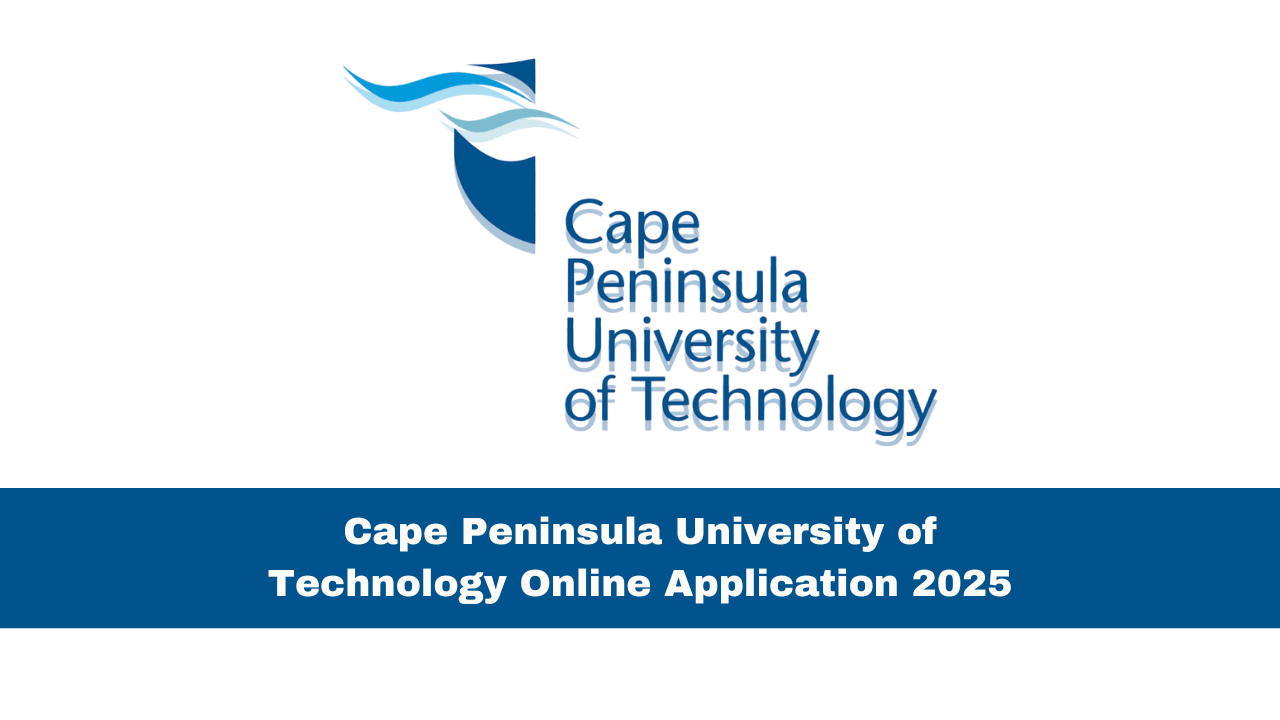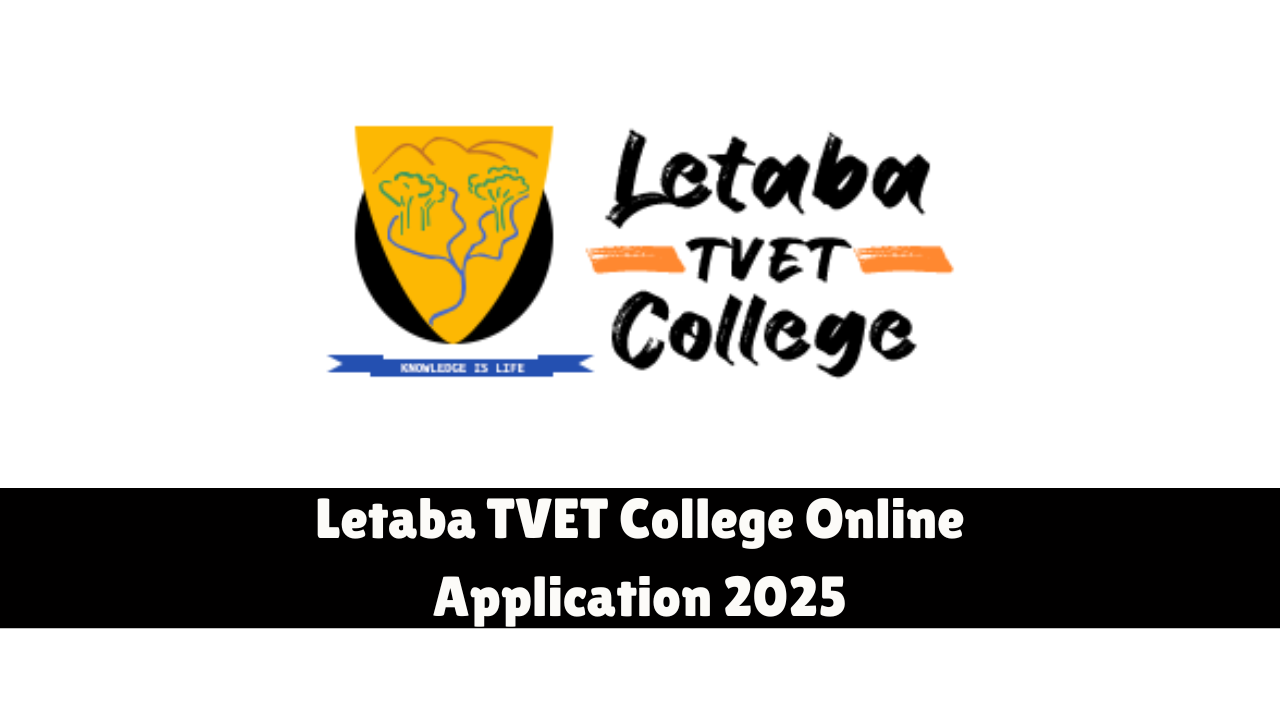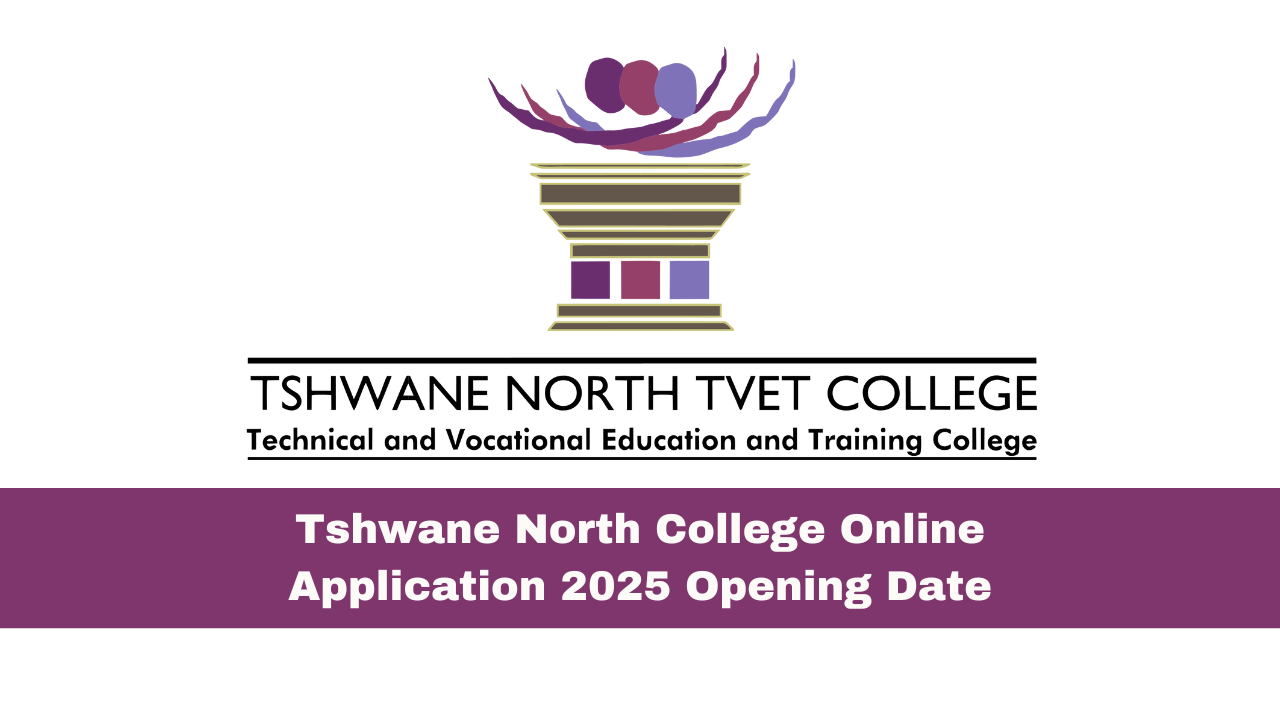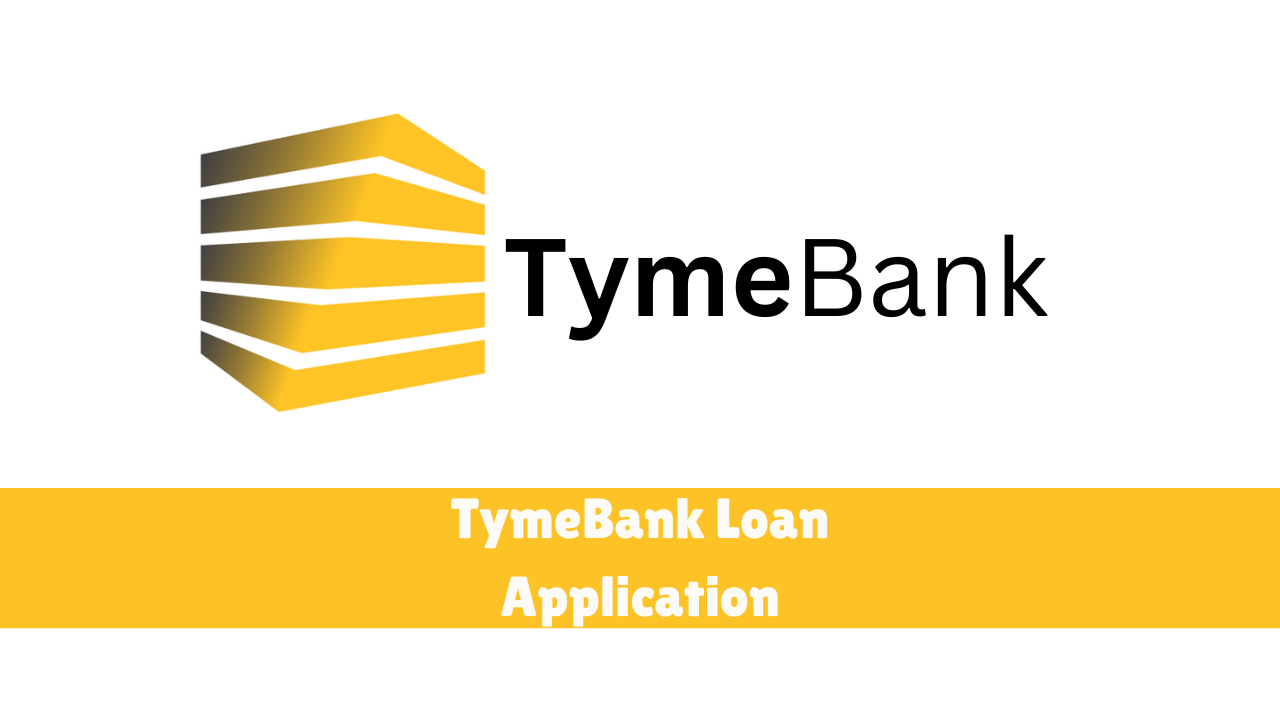South Africa PGCE Requirements: How to Apply. The Postgraduate Certificate in Education (PGCE) stands as a gateway for professionals transitioning into the teaching sector in South Africa and around the world. This certificate is particularly valuable for those who have completed their undergraduate studies in a field unrelated to education and now seek a career in teaching. Below is a comprehensive guide that explores the essential qualifications, skills, and procedural steps necessary to attain a PGCE, ensuring a seamless move into this noble profession.
Importance of a PGCE
A PGCE not only facilitates a career shift for those already holding degrees in other disciplines but also solidifies professional teaching credentials. The program is designed to prepare educators for teaching at various educational phases, including the Foundation, Intermediate, Senior, and Further Education and Training (FET) phases. Completing a PGCE allows graduates to register with the South African Council for Educators (SACE), marking the official start of their teaching careers.
Reasons to Pursue a PGCE
- Career Transition: Ideal for degree holders aspiring to shift to teaching.
- Professional Advancement: Enhances qualifications within the educational field.
- Impactful Profession: Offers a platform to influence and shape future generations positively.
Eligibility and Academic Requirements
To qualify for a PGCE, applicants must meet the following academic criteria:
- Undergraduate Degree: Candidates should possess a recognized degree with coursework relevant to the teaching phase they intend to enter. For instance, a focus on early childhood development is required for the Foundation Phase, while specialties in Mathematics or Science are necessary for teaching in the Senior or FET Phase.
- Teaching Subjects: Prospective students must have studied at least two teaching subjects during their undergraduate program, achieving a minimum of 24 credits at the third-year level in these subjects. For example, teaching Senior Phase Mathematics requires a comprehensive background in university-level Mathematics.
- Matric Certificate: While not universally mandatory, possessing a robust Matric certificate can strengthen an application, especially if it includes subjects pertinent to the desired teaching phase.
Practical Experience
Gaining practical experience in educational settings can significantly bolster your application. This experience could come from volunteering in schools or serving as a teaching assistant, providing exposure to classroom management and teaching dynamics.
Language Proficiency
Since English proficiency is crucial for teaching in South Africa, non-native speakers must demonstrate their language skills through standardized tests such as:
- IELTS: Minimum overall score of 6.5, with no section below 6.0.
- TOEFL: Generally, a minimum score of 80 is required.
Key Personal Competencies
Successful educators are often distinguished by their soft skills and personal qualities, including:
- Empathy and Patience: Essential for catering to diverse student needs.
- Effective Communication: Ability to clearly explain complex concepts.
- Time Management: Skills to efficiently juggle lesson planning and teaching responsibilities.
- Creativity: Employ innovative methods to engage and inspire students.
Application Process for a PGCE
The application process is straightforward but requires careful preparation:
- Select Suitable Institutions: Research universities that offer PGCE programs aligned with your teaching interests, such as the University of South Africa (UNISA) or Stellenbosch University.
- Document Preparation: Assemble all necessary documentation, including academic transcripts, degree certificates, and proof of language proficiency.
- Online Application: Submit your application through the university’s online portal before the deadline.
- Application Fee: Be prepared to pay an application fee, which typically ranges from R100 to R300.
Post-Application and Funding Options
After submitting your application, it will be reviewed to determine if you meet the PGCE criteria. Successful candidates may be called for further interviews or assessments. Various funding options are available to support PGCE studies:
- NSFAS: Offers financial aid for higher education students, including those pursuing PGCE.
- Funza Lushaka Bursary: Provides scholarships for future teachers, focusing on urgent subjects like Mathematics and Science.
- Private Loans: Some financial institutions provide loans tailored for educational purposes.
READ ALSO
- Unisa Online Application 2025-2026
- UNISA Application Status Check
- 1 Year Diploma Courses at UNISA
- UNISA Application Fee Banking Details
Conclusion
Securing a Postgraduate Certificate in Education is more than fulfilling an academic requirement; it’s about preparing for a significant, impactful role in shaping young minds. By understanding and meeting the PGCE prerequisites, you can embark on a fulfilling teaching journey equipped with the right qualifications and a clear vision of your professional path.









